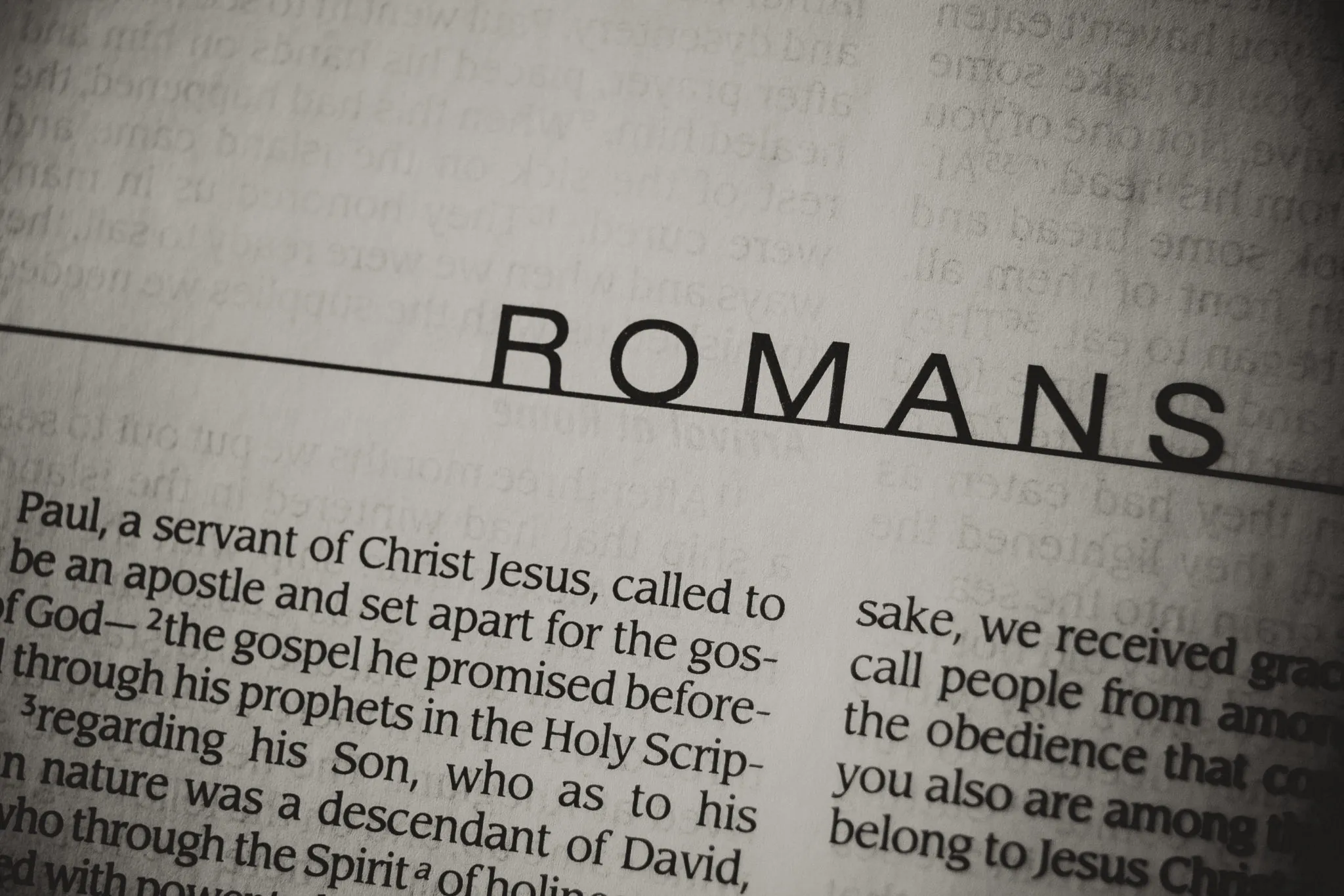The Apostle Paul’s soliloquy about his struggle with sin in Romans 7 is dear to our hearts—“What I want to do I do not do, but what I hate I do” (v. 15). It seems to capture so much of our Christian experience. It has captured my own experience, even today. Paul’s meaning, however, is not completely clear. Is he speaking about his past or his present? Is he speaking about his struggles before his conversion or after?
In an effort to be right at least some of the time, I have switched from one interpretation to the other every year or so. But I have stuck with one interpretation for the last few years: I think he is identifying life before his conversion.
The setting for the passage is a Roman church that struggles to accommodate both Jews and Gentiles. They had a long history of mutual suspicion that veered toward disgust and hatred. Now that they were in the same church, tensions were always nearby. The Jews could claim Abraham and even Jesus as their own, and they could use the Old Testament law to promote their primacy. The Gentiles could counter with little more than, “yes, we were once idolaters.” Into the fray entered Paul with this most arresting section of Scripture.
It is the autobiographical “I” that captures our attention—that and his near frenetic pace (vv. 14-20). He is certainly drawing us in.
If we let the larger context guide us, he has been writing about how we enter life with Christ—through Christ, through faith, as those who were dead and now alive. This new beginning is a favorite theme of his (e.g., Eph. 2:1-5). We all—idolaters and law-keepers alike—enter the same way. The law only exposes our inability and even becomes an occasion for sin’s predatory ways.
Given this interpretation we can respond in three ways. First, Paul’s story compels us to be thankful. “Thanks be to God—through Jesus Christ our Lord” (v.25). We are thankful because we have entered in and remain with Jesus by simply trusting him rather than ourselves. Desperation coupled with“I need Jesus” is the extent of our contribution.
Second, our conversion story compels us to humility. If we all enter Christ the same way—without any personal merit—then there can be no elitism in Christ (or the Roman church). Our attention is drawn to his worth. One-upmanship is impossible. A stratified church is abhorrent. If we are inclined to boast, we boast in Jesus, and, on occasion, in our weakness and neediness (2 Cor. 12:9).
Third, our identical entrance into Jesus gives prominence to our solidarity. Though every person’s journey is unique, other cultures can be hard to understand, and there is an unlimited array of spiritual gifts that the Spirit distributes, our way into Christ has been exactly the same, and amid all these differences, we live with each other with that clearly in mind.
So we begin our day by remembering our common past before Christ when, even if we wanted to do the right thing, we didn’t do it. Then, we can be thankful together for our great Savior.


